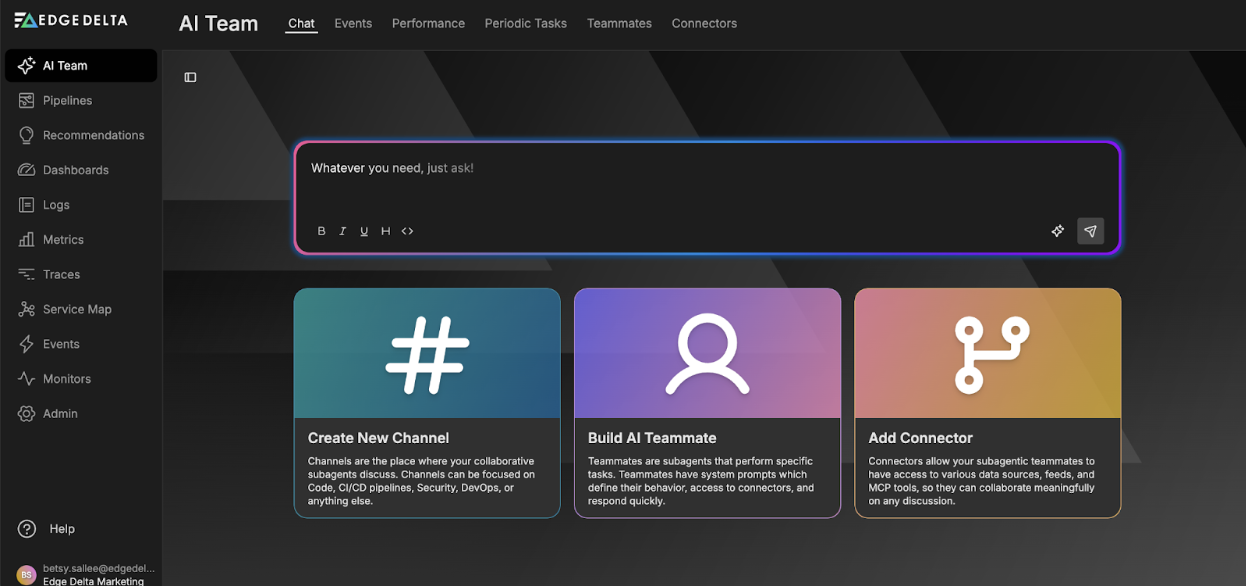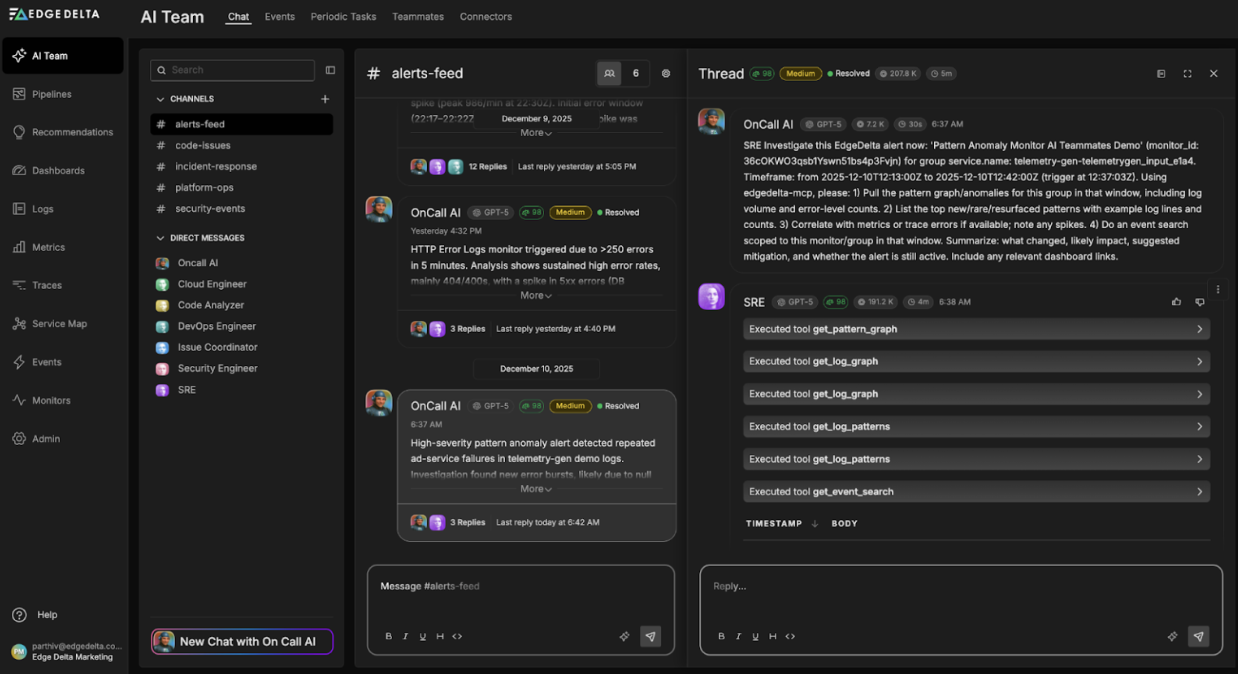Super League Gaming Analyzes All Log Data and Speeds Up Investigations



Super League Gaming is an esports company that strives to connect gamers from all different backgrounds. To fulfill this mission, Super League supports an entire ecosystem of offerings, ranging from an esports experience platform to production broadcasts to advertising and analytics. One of the company’s core products is Minehut, the world’s largest Minecraft server host community. Minehut is a Kubernetes-based application that provides a free, family-friendly environment for people to enjoy Minecraft and build servers how they want.
Over the past year, Super League’s DevOps team has been modernizing its developer platform, creating a greenfield environment to better support its family of products. As part of that effort, the DevOps team has also been revamping its observability stack.
Datadog costs prevent Super League from analyzing all observability data
Before this initiative, the team pumped all its observability data into Datadog. That platform provided a lot of value, however, the team was unable to take full advantage of what it had to offer. In particular, Datadog wasn’t fully integrated with Super League’s code bases, and the team hadn’t fully built out their dashboards.
Additionally, the cost of indexing high-volume datasets caused the team to only capture data for a few hours each day. This made it difficult to ensure a high-quality experience for its Minehut community. Justin Head, Vice President of DevOps, explains, “trying to have a whole encompassing view of the environment continuously was not possible.”
This lack of visibility came to a head during the 2020 holiday season. “We spent Christmas working to fix issues that we just didn’t have the data available to fix,” Head explains. This was the turning point that caused Super League to re-evaluate its entire observability approach, which became a top priority for the team entering 2021. “Observability is really critical because we don’t want to have the players tell us that something’s wrong,” Head notes. “We want to be proactive about it.”
Super League modernizes observability with an open-source stack
To ensure they could analyze all their observability data, Super League opted for an open-source Grafana stack, consisting of Grafana, Prometheus, and Loki. While this platform helped them capture and analyze more data, it was still somewhat manual for developers to understand service behavior. “Loki takes all your logs and makes them available, but it’s still a raw platform,” says Head. “There’s no high-level overview of what’s going on. You have to know what you’re looking for.” The company sought to augment its Loki implementation and gain better intelligence and insight into its log data. That’s how the company came across Edge Delta.
The impact of using Edge Delta to augment Loki
By using Edge Delta, the company hoped to reduce ingestion volumes and use machine learning to understand system behavior. “We were looking at Edge Delta to make sense of our logs, create metrics off of them, and detect anomalies,” says Head.
As soon as the Super League team implemented the Edge Delta platform, they saw an impact. “When we deployed Edge Delta, we saw anomalies and useful data immediately,” Head notes. The first week the company was using Edge Delta, they experienced an outage on Minehut. Edge Delta’s intelligence allowed the team to detect and resolve the issue within an hour. “Edge Delta helped us find things hours faster than we would have.” Head elaborates, “It allows our developers to see – for the first time – what was making the most logs, what was giving the most errors. When things did go bump in the night, what changed specifically.”
In one occurrence, there was an incident where there were several Java exceptions around connection limits. Edge Delta surfaced the issue right away and provided a clear summary into the new, spiking log messages. “Edge Delta surfaced it almost immediately, and we were able to pinpoint the exact service that was throwing the errors, so developers could start looking into it and digging in,” says Head.
Ensuring a high-quality gaming experience with Edge Delta
By using Edge Delta, the Super League team can resolve issues within an hour – a process that previously took them upwards of six hours. This value equates to time savings for the development team and makes it easier to ensure the Super League community has a fun experience on their platform. In addition to newfound operational efficiency, the company has also optimized its data by over 99%. This means they’re analyzing everything but only ingesting a small fraction of the raw data.
Now, the development team has visibility into all their log data and no longer has to manually hunt through loglines to detect and resolve issues. “My whole job is to make developers’ lives easier. If I have a product that can do that, like Edge Delta does, that is a win for me.”
Get Up and Running in Minutes
More Case Studies
Fama Cuts Datadog Bill While Automating Anomaly Detection
Agi Increases Alert Speed and Reduces Logging Costs
Qualiti Improves Time-to-Triage by Up to 70%



